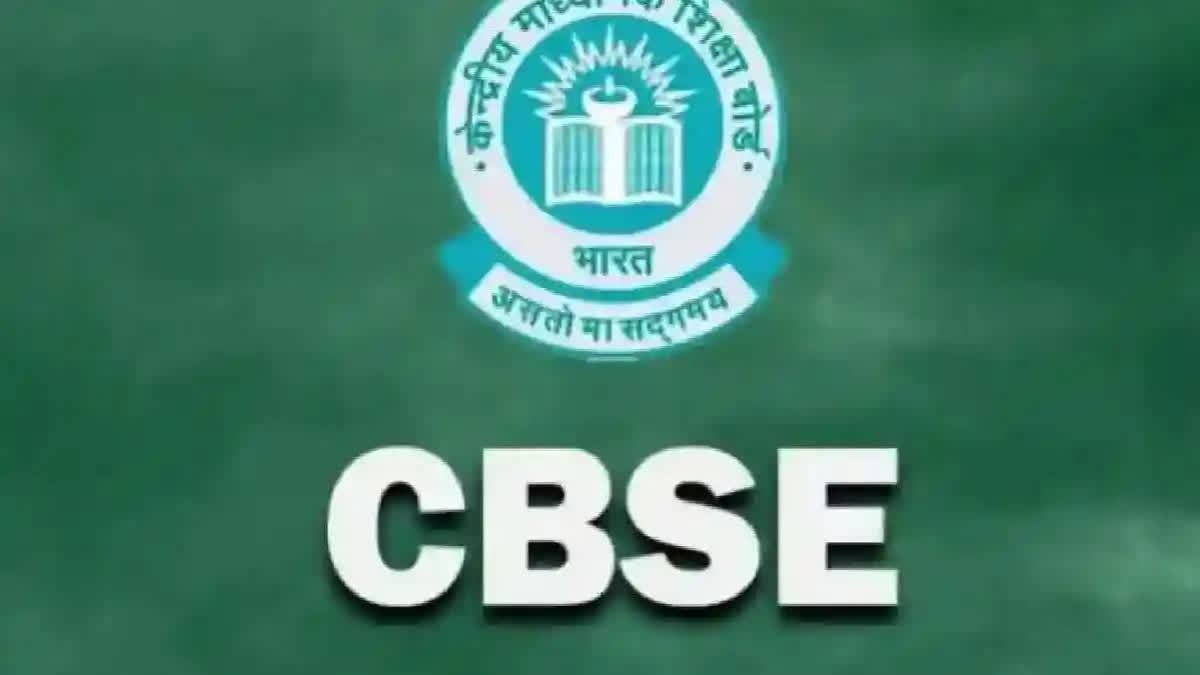New Delhi: The CBSE will launch a pilot of the National Credit Framework for classes 6, 9 and 11 from the 2024-25 academic session and has invited its affiliate schools to participate, officials said on Wednesday.
The government last year launched the National Credit Framework (NCrF) as part of the implementation of the National Education Policy (NEP), 2020, to ensure seamless integration of school, higher and vocational education, and allow students to accumulate their credits from the pre-primary to the PhD level.
Subsequently, the Central Board of Secondary Education (CBSE) also developed its draft guidelines to implement the framework. "The CBSE developed and circulated draft NCrF implementation guidelines, discussed them in multiple workshops, and received approval from the Union Ministry of Education. To further test, refine and assess their effectiveness in real-world contexts, a pilot implementation of these guidelines has been planned in schools affiliated to CBSE in classes 6, 9 and 11, with effect from session 2024-2025," the board said in a letter to school principals.
"Principals of interested schools for this pilot programme are requested to share their contact details through the link (https://forms.gle/5AB2iuxa1k62r2E3A)," it said.
Students can earn credits from classroom teaching learning, laboratory work, projects, sports, performing arts, NCC, social work, vocational education and experiential learning, including relevant experience and professional levels acquired, among others.
"This would close the gap in achievement of learning outcomes by shifting the classroom education to competency and learning outcome-based education and learning. The assessment is thus mandatory for earning credits for all types of learning," the board said.
"The credits earned shall be deposited in the Academic Bank of Credit (ABC) of a student which will be linked with the APAAR ID and DigiLocker of the student, in future," the board added.
Read More



